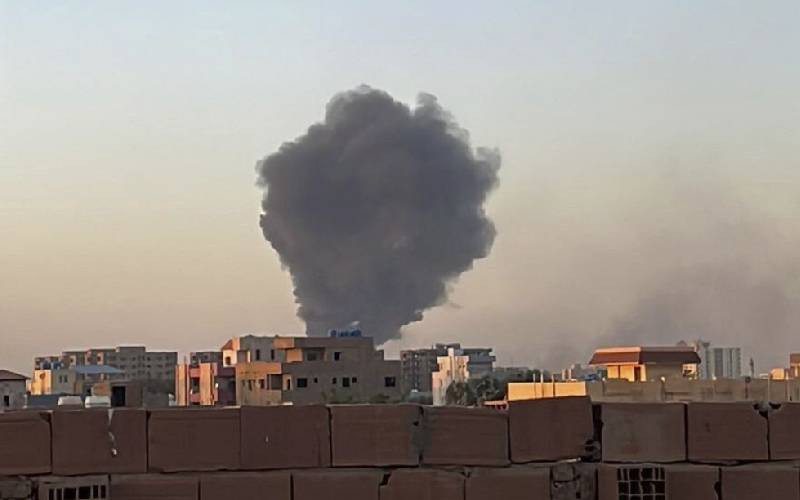×
The Standard e-Paper
Fearless, Trusted News

Often, Kenya finds itself in precarious geopolitical environments which force it to react as a country that is responsible for the wellbeing of its neighbourhood.
It is grappling with the unpleasant events in Sudan where former Janjaweed buddies, Abdel Fattah a-Burnham and Hemeti Dagalo, have turned on each other and have made Khartoum a battle zone that affects the entire IGAD region.